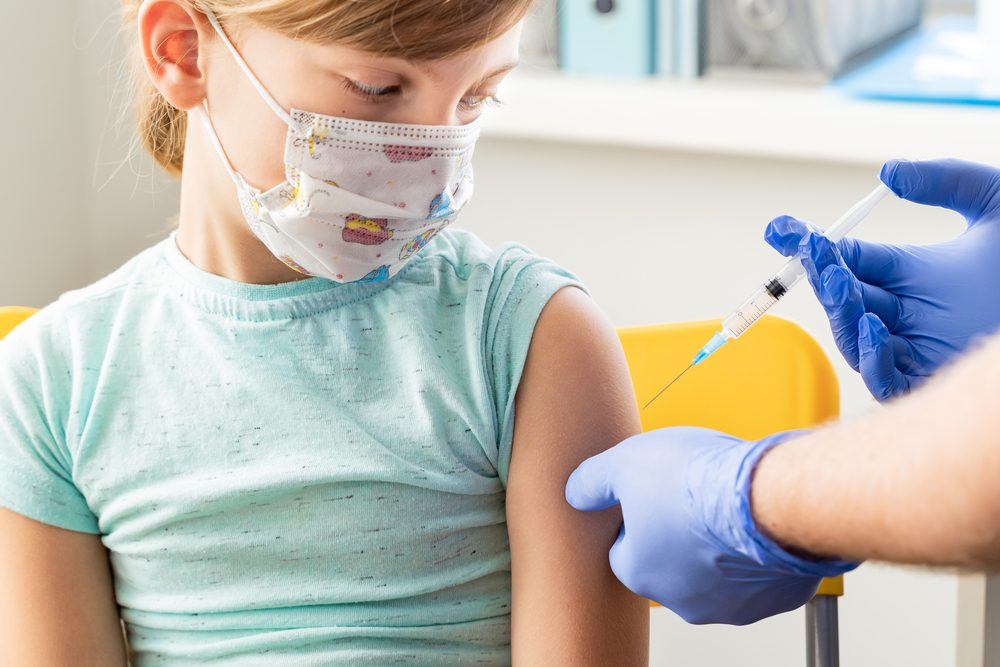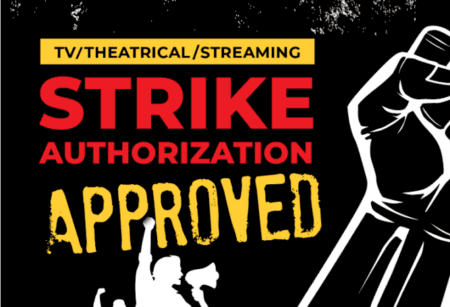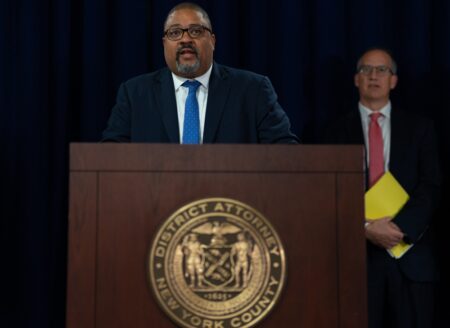In the year-and-a-half since it began, Covid-19 has not left anyone in the world unaffected. Although the change of lifestyle it brought was overwhelming in the beginning, many have started getting used to social distancing and working from home. However, one key demographic that has found it extremely hard to adapt to the changes is children.
Apply for Stuart Bienenstock Playground Scholarship
“This is not surprising as children have been barred from socializing with one another on the playground and learning together in the classroom,” said Stuart Bienenstock, “Taking online classes may have been a blessing for some high school and college students, but for children under the age of 12, it has been very hard to maintain the standard of their education online.
By March of this year, the United States had administered a total of 110 million vaccinations for Covid-19. However, the vast majority of those vaccinations were given to adults as that was the only age bracket for which they have been available. The researchers and developers behind the Moderna vaccine have recently announced that they will be starting vaccine trials for children between the ages of 6 months and 12 years.

Stuart Bienenstock Natural Playground Design On Achieving Herd Immunity
Since children make up such a large proportion of the global population, it is imperative that vaccines for children are developed and administered sooner rather than later. Other than Moderna, Pfizer is also conducting tests on children between the ages of 12 to 15 years. While many trials are underway, also including Johnson and Johnson’s vaccine, no vaccine has yet been developed for children under the age of 12, and especially not for toddlers and infants.
The Moderna call center receives hundreds of calls every day from parents asking over and over again when they can get their children vaccinated. Many don’t understand the need to conduct a proper trial so that scientists can ensure safe and accessible vaccinations for children in the long run.

Loosening COVID Restrictions
It is unsurprising, however, that many people are not willing to wait for the long run anymore. The last year-and-a-half has been so tumultuous for children under the age of 12 that parents want them to go back to the physical classroom as quickly as possible.
However, premature loosening of lockdown and COVID SOPs could lead to another wave, which will reverse some of the work we have done to create immunity so far. While herd immunity is still a long way away, we are certainly on the road to achieving it. Parents will just have to be more patient and look for other ways to maintain the standard of their children’s education.
In Arizona, however, children are already starting to go back to school due to a government-issued mandate. For Plimpton, this means that children will start facing exposure issues and maybe be affected even worse if an outbreak happens in the school.
This is why it is imperative to start getting children from areas that are loosening COVID-19 restrictions vaccinated as soon as possible. However, until the proper process of conducting trials is complete, parents will have to rely on signing their children up for vaccine trials.

Future Prospects
While the Moderna vaccination trials for children are scheduled to last approximately 14 months, Plimpton has admitted that he does not think they will take that long. They already have 300 parents in Phoenix who have signed their children up for the trial.
To get the data approved by the FDA, they require a pool of 6,750 patients. While this may sound like a lot, the first 300 came forward in less than a month. Therefore, while an FDA-approved Moderna vaccine for children won’t be available next month, it certainly should be by the end of the year.
As lockdown continues all over the world and young children take their classes from a computer screen in their homes, parents are starved to get some social interaction for their kids. The last thing we want is for the social development and education of our youngest generation to be negatively affected. Until an FDA-approved vaccine option for children exists, however, parents will have to find other ways to keep their children academically occupied, socially engaged and somehow limit their kids’ tech use.







